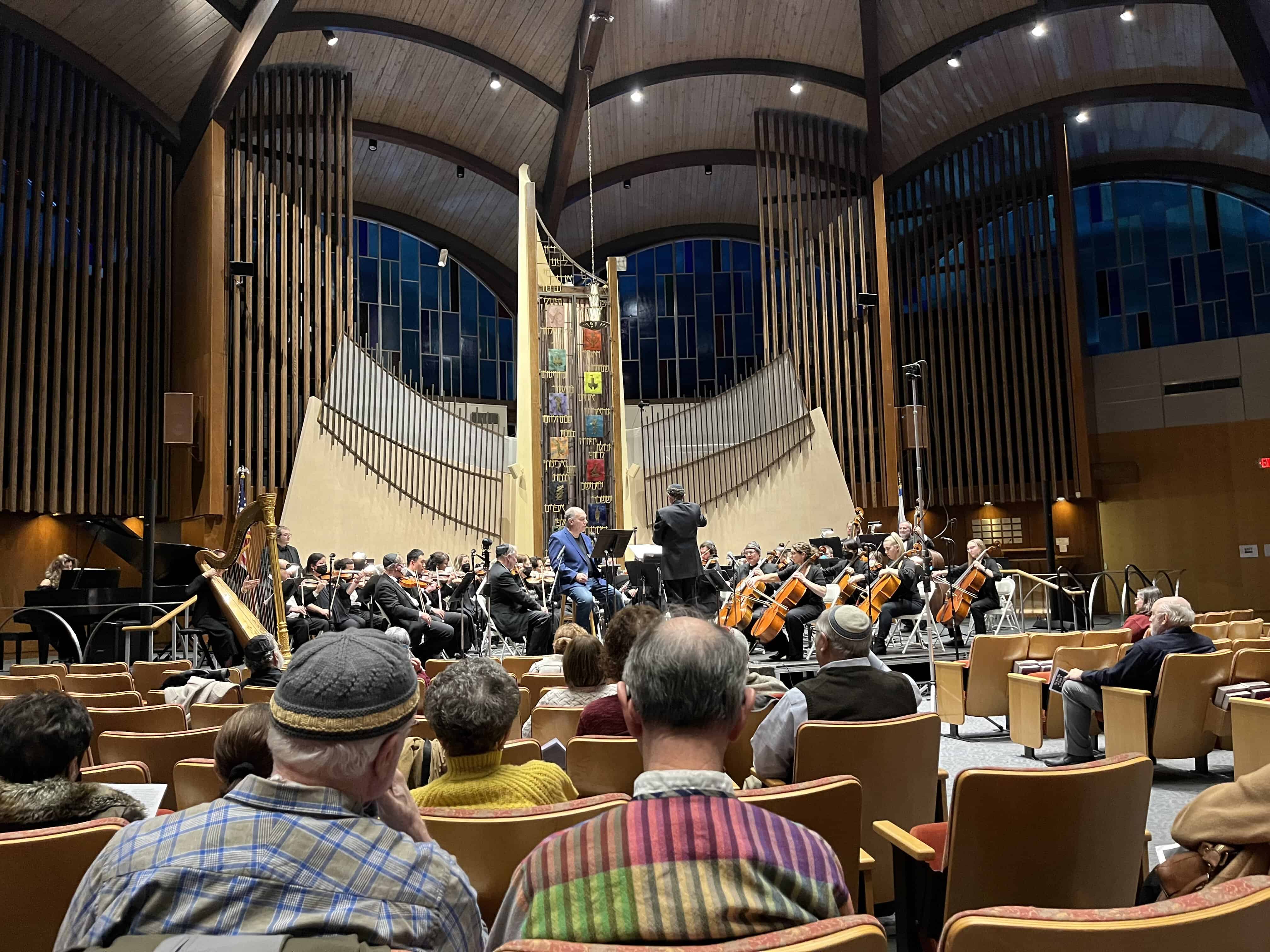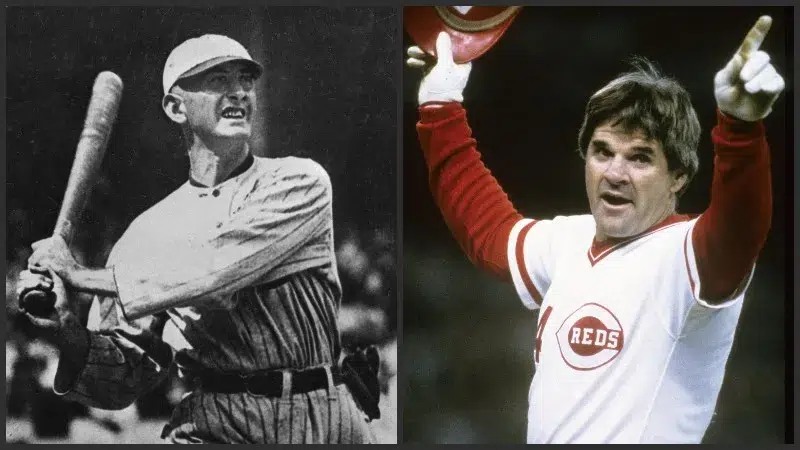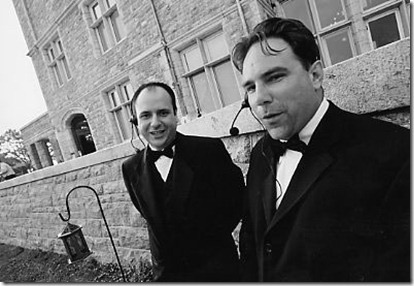Questions were posed about the mention of my recent orchestral narration of Jewish comedy folktales.
Justifiably so.
Essentially, I performed onstage alongside a full orchestra under the leadership of Joseph Ness, who composed the score for the narration and conducted the orchestra. Then, as the orchestra played, I spoke, narrating “The Wise Men of Chelm,” Jewish folktales about the town of Chelm and the fools who resided therein.
It was a challenging gig.
Thankfully, I read music fairly well after years of playing the flute, bassoon, and drums, and Joseph was standing about four feet away, ready to cue me when needed. After rehearsing several times with the orchestra, our timing was solid.
It was the Jewish words that I struggled with most, starting with “Chelm,” which is properly pronounced with that back-of-the-throat “CH” sound that I could not consistently make.
Not being Jewish, I never really needed to produce that sound.
While the music, narration, timing, and overall performance required great focus and attention, my biggest struggle was pronouncing those Jewish words correctly.
I had to say “Chelm” 29 times.
It was daunting.
When I was initially asked to perform, Elysha wondered if I should commit to a job like this, which would require much time and attention to get right. Unlike telling a story, delivering a speech, or performing standup, I would be performing someone else’s words this time, and many people would be depending on me to get it right. There would be no room for improvisation if something went wrong. I needed to stick to the script and land every word on the page perfectly.
Except it wasn’t just people who were depending upon me. It was an orchestra of professional musicians. Remarkably talented and skilled people who are masters of their craft. Just sitting amongst them for rehearsals was astounding. Listening to them play the music, collaborate with one another, and work in concert with their conductor was both an honor and a privilege.
But it wasn’t easy. There were moments when I wondered if Elysha had been right about this gig being a good idea.
But when I was first asked, I told her, “When will I ever be asked to do something like this again? It’s probably my only chance to ever perform alongside an orchestra. I have to say yes.”
So I did. As I almost always do.
I say yes to almost every opportunity presented to me, even if it strikes me as difficult, ridiculous, or even potentially disastrous. A “Yes” can easily be transformed into a “No” if needed, but why close the door on an opportunity without first giving it a chance?
You never know how you’ll feel about something until you try.
If you think otherwise, or if you assume that you can accurately predict how you might feel about something before giving it a try, you are filled with hubris and presumptuousness that will not serve you well.
Ultimately, I was thrilled to perform alongside Joseph Ness and his amazing orchestra. I had the opportunity to work with a talented composer, a supremely skilled conductor, and one of the kindest people I’ve ever met. And following the performance, I heard from dozens of people who appreciated my efforts, even if I didn’t pronounce every word exactly right.
Could I have done better? Absolutely.
Would I be willing to take another crack at an orchestral narration in the future? Without a doubt.
Would I do some things differently the next time? Definitely.
But now I have a memory of a night when I performed in partnership with an orchestra, and I’ll carry that memory with me forever. So, too, will Elysha and my children, who watched me perform that night.
Another wise use of the word yes.











